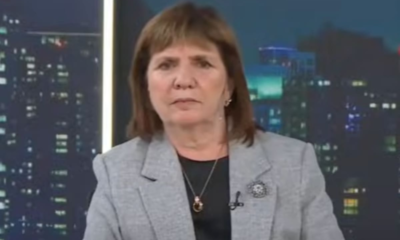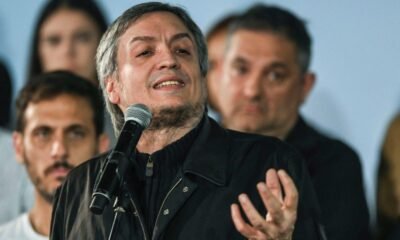INTERNACIONAL
US–Russia flashpoint looms over Putin’s plans for African naval base
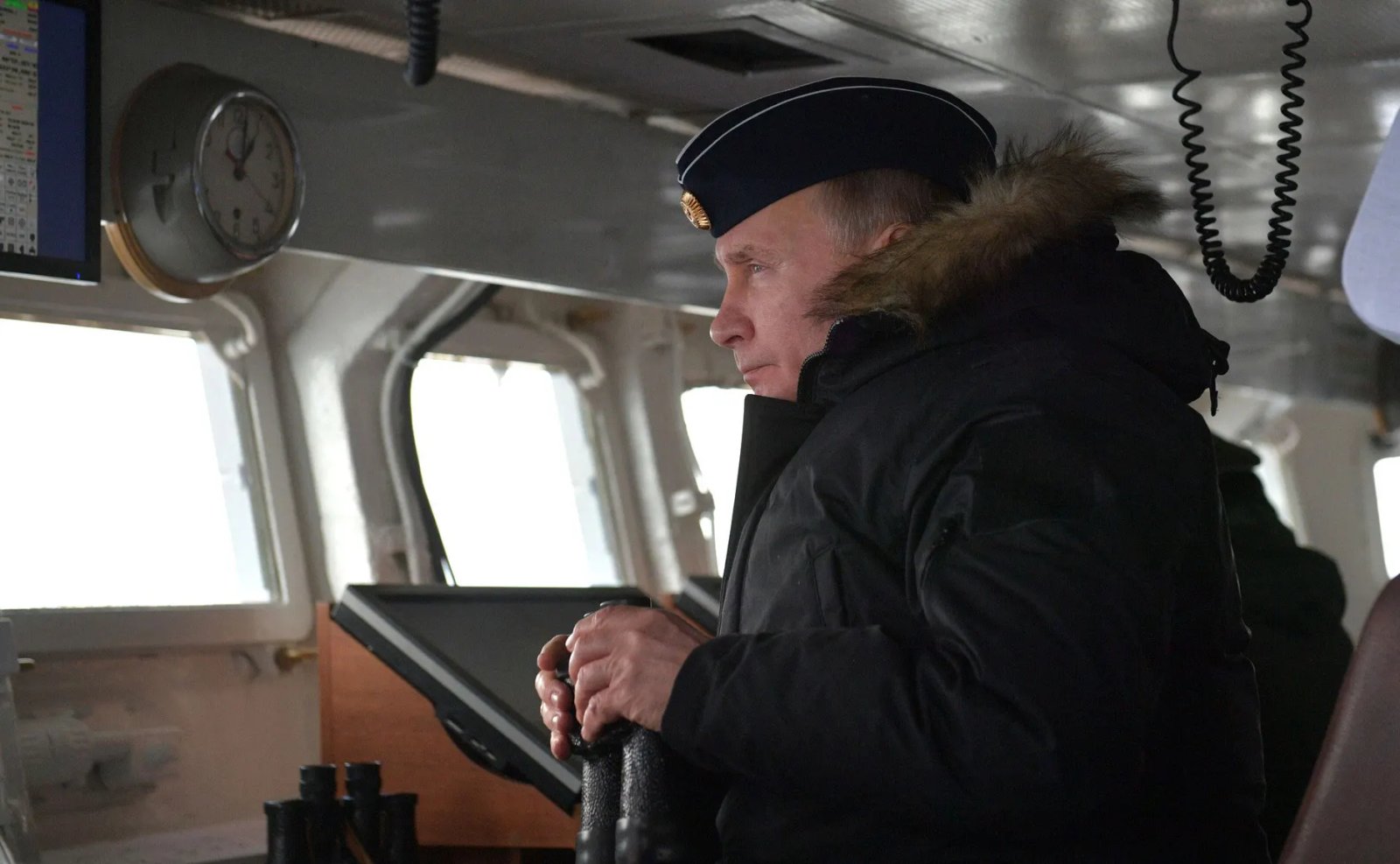
The Trump administration is warning of «serious consequences» over Russia’s plans to open a naval base in war-torn Sudan. News of the development of the base has triggered an unusual warning from the State Department, Fox News Digital was told.
A State Department spokesperson told Fox News Digital, «We encourage all countries, including Sudan, to avoid any transactions with Russia’s defense sector.»
The Kremlin appears to be desperate to join the Horn of Africa global powers «naval club,» with its approved plans for a base for warships and nuclear-powered submarines at Port Sudan. This is not far down the Indian Ocean coast from Djibouti, where there are U.S. and Chinese bases. With the new Syrian government likely to kick the Russians out of their base in Tartus, Port Sudan would be Russia’s only foreign naval base.
«Moscow views Sudan, because of its strategic location, as a logical place to expand Russia’s footprint into Africa, which Putin views as a key place of geopolitical confrontation with the United States and China,» Rebekah Koffler, a strategic military intelligence analyst, told Fox News Digital.
WORLD FORGETS ‘CATASTROPHIC’ WAR IN SUDAN AS RUSSIA, IRAN, OTHERS REPORTEDLY FEED FIGHTING WITH ARMS
This picture taken on Feb. 28, 2021, shows a view of the Russian Navy frigate RFS Admiral Grigorovich (494), anchored in Port Sudan. (Ibrahim Ishaq/AFP via Getty Images)
«Russia views the U.S. and China as its top adversaries, with whom Moscow may in the long-term have a kinetic conflict. Hence, Putin wants intelligence and military capabilities stationed close to the U.S. Djibouti base and Chinese facilities,» she said.
«Given that the U.S. and China already have [a] naval presence off of the Horn of Africa,» Koffler added, «Russia is looking at Port Sudan as a logistics hub for weapons transfers, storage of military hardware ammunition, all sorts of war-fighting capabilities.»
«The potential Russian naval logistics facility in Sudan would support Russian power projection in the Red Sea and Indian Ocean,» John Hardie, deputy director of the Russia Program at the Foundation for Defense of Democracies (FDD), told Fox News Digital. He added that «this issue has gained greater importance for Moscow, given the uncertainty over the future of its Tartus naval logistics facility.»
A Russian naval base in the Indian Ocean has strategic military implications — it’s a relatively short sailing distance to the Red Sea and the Suez Canal, a choke point through which an estimated 12% of the world’s shipping passes, while 61% of global oil tanker traffic is also said to use the canal. Koffler said this poses a significant security threat.
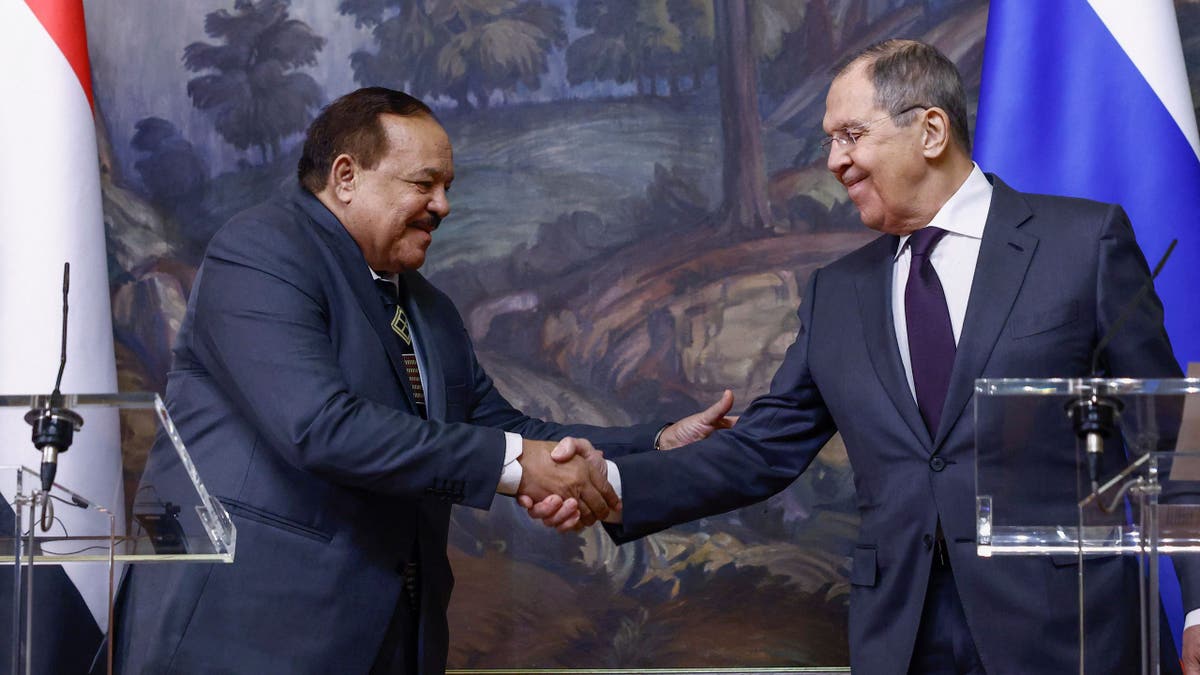
Russian Foreign Minister Sergei Lavrov, right, and his Sudanese counterpart Ali Yousuf Al-Sharif shake hands during a press conference in Moscow on Feb. 12. (Maxim Shemetov/Pool/AFP via Getty Images)
«If Russia perceives an impending escalation against Russia, let’s say in Ukraine — such as an impending deployment of NATO forces or draconian economic measures designed to tank [the] Russian economy — I would not rule out the possibility that Putin could authorize something disruptive to exploit the choke point and destabilize or disrupt global shipping, as a way of deterring Western actions threatening Russia.»
The deal permitting Moscow to build a military base has been given the green light, although there are serious logistical challenges involved. «The agreement between Sudan and Russia was finalized in February, following a meeting between Sudan’s Foreign Minister Ali Yusef Sharif and Russia’s Foreign Minister Sergei Lavrov in Moscow,» Koffler explained.
US TROOPS IN STANDOFF IN AFRICAN NATIONS AS COLD WAR-LIKE TENSIONS TAKE HOLD ON CONTINENT
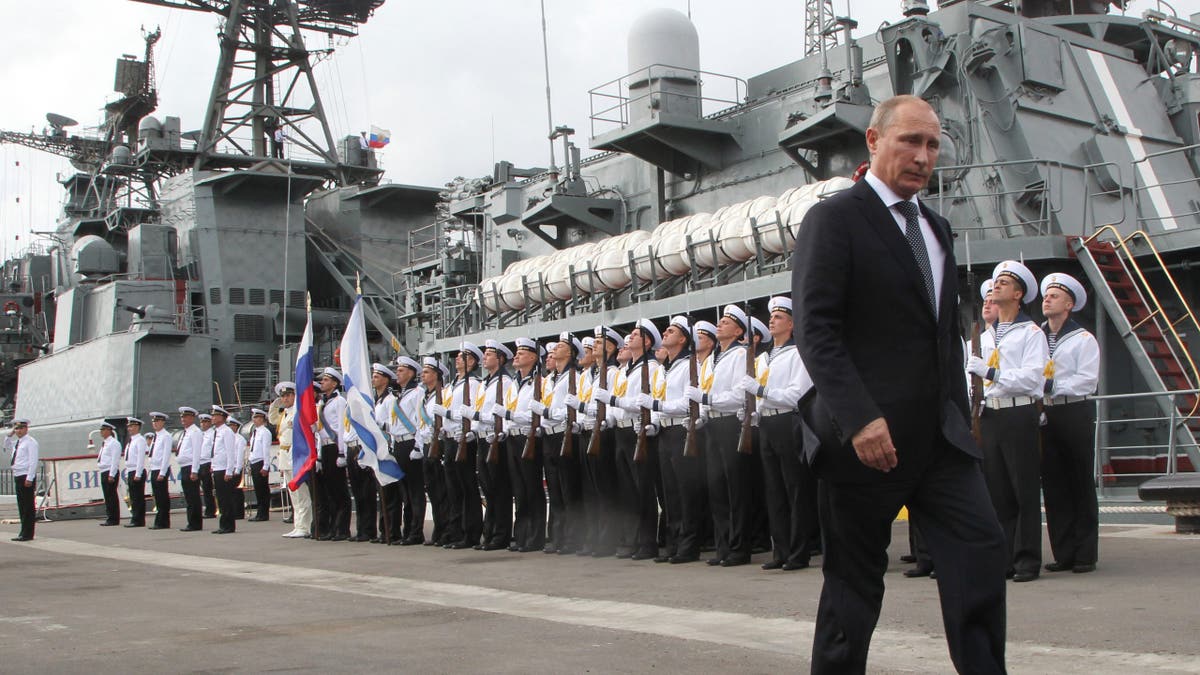
Russian President Vladimir Putin visits the destroyer Vice-Admiral Kulakov at the Naval Base of the Black Sea Fleet in Novorossiysk, Russia, on Sept. 23, 2014. (Sasha Mordovets/Getty Images)
Hence the strongly worded comments to Fox News Digital from the State Department that «the United States is aware of the reported deal between Russia and the SAF [Sudanese Armed Forces] on establishing a Russian naval facility on Sudan’s coast. We encourage all countries, including Sudan, to avoid any transactions with Russia’s defense sector, which could trigger serious consequences, potentially including sanctions on entities or individuals associated with those transactions.
«Moving forward with such a facility or any other form of security cooperation with Russia would further isolate Sudan, deepen the current conflict, and risk further regional destabilization. «
On the (very) dry land that is Sudan, the situation Monday around the city of Al Fasher and the neighboring massive Zamzam refugee camp in the Darfur region is «horrifying,» U.N. Assistant Secretary-General Tom Fletcher posted.
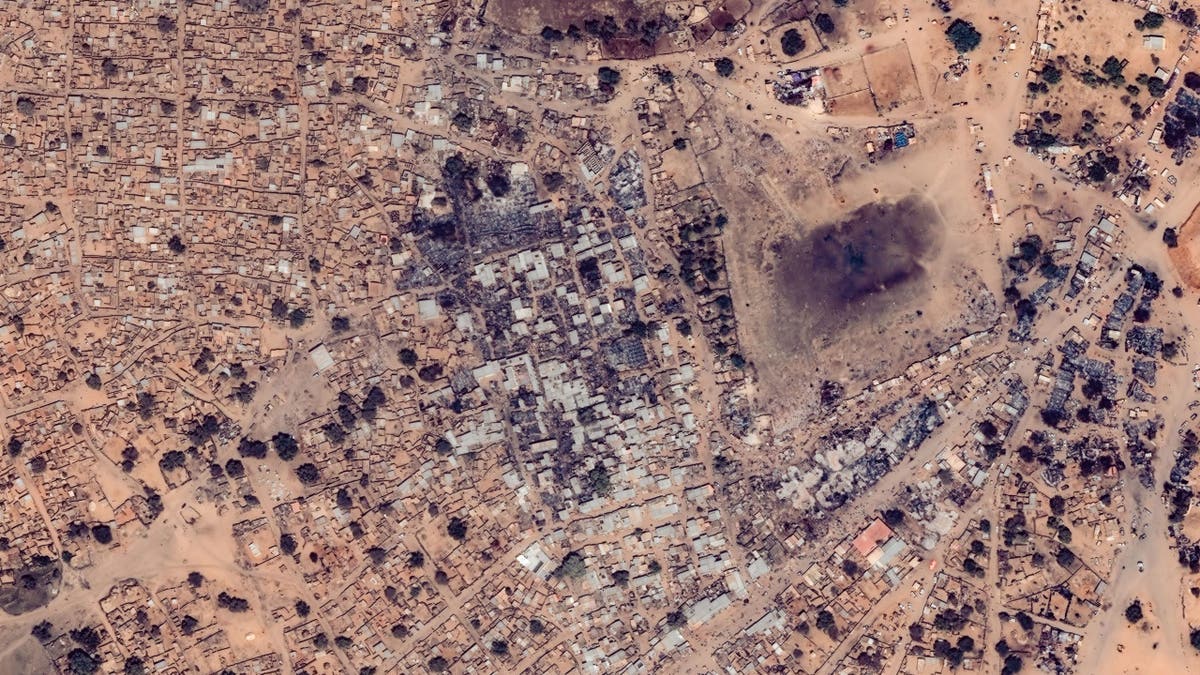
Maxar satellite imagery of the ground at the Main Market Zamzam IDP civilian camp in Al Fasher on Feb. 13. (Satellite image (c) 2022 Maxar Technologies via Getty images)
The civil war in Sudan, between the government’s SAF and the rebel Rapid Support Forces (RSF), has just passed its grisly second anniversary. Tens of thousands have been killed, and an estimated 13 million people have been uprooted from their homes. The U.N. describes it as the world’s worst humanitarian crisis, and UNICEF calls it «hell on earth.»
«There can be no overstating the brutality and destructiveness of the RSF assault on Zamzam (refugee camp),» Sudan researcher Eric Reeves told Fox News Digital this week. «The camp that has existed since 2004 is no longer, even as it had grown to more than 500,000 people.»
Ominously, Reeves added that «the real dying has only just begun. Nearly the entire population of Zamzam has fled, and in all directions the threat of RSF violence remains. This creates insecurity of a sort that prevents humanitarians from reaching these scattered people. Tremendous numbers will die either from RSF violence or the lack of food, water and shelter.»
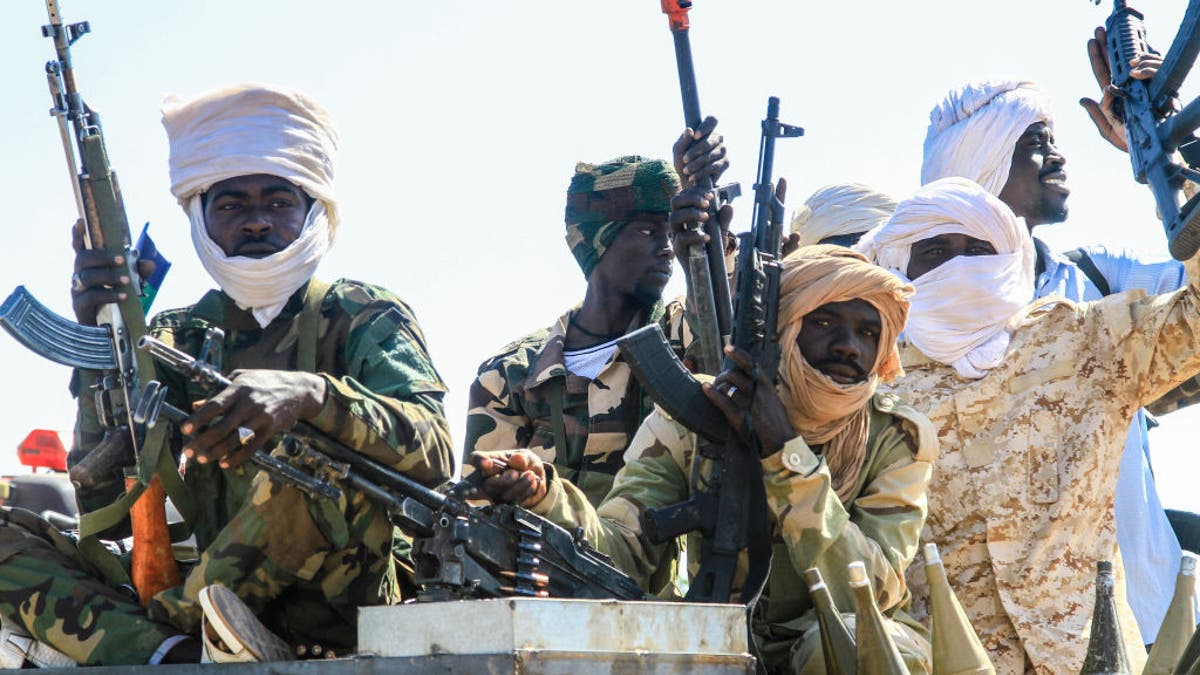
Fighters of the Sudan Liberation Movement, a Sudanese rebel group active in Sudan’s Darfur State, which supports army chief Abdel Fattah al-Burhan, attend a graduation ceremony in the southeastern Gedaref state on March 28, 2024. (AFP via Getty Images)
Another 30 were reported killed on Tuesday in a fresh RSF attack on Al Fasher. And just this past week, the RSF rebels announced they are setting up their own government. The State Department told Fox News Digital, «The United States is deeply concerned about the Rapid Support Forces (RSF) and aligned actors’ declaration of a parallel government in Sudan. This attempt to establish a parallel government is unhelpful for the cause of peace and security and risks a de facto partition of the country.»
«It will only further destabilize the country, threaten Sudan’s territorial integrity, and spread wider instability throughout the region. The United States has made clear that our interest is in the restoration of peace and an end to the threats the conflict in Sudan pose to regional stability. The best path to peace and stability is an immediate and durable cessation of hostilities so that the processes of establishing a civilian government and rebuilding the country can begin,» the spokesperson said.
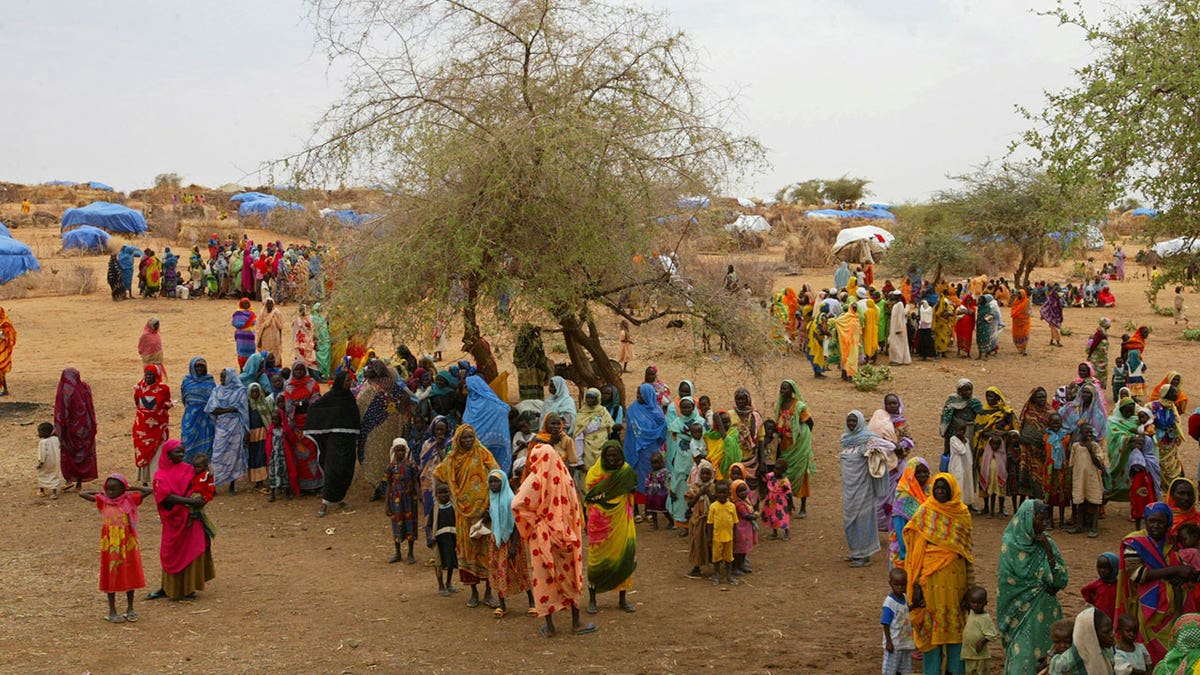
Sudanese displaced people gather at the Zamzam refugee camp outside the town of El-Fashir in the Darfour region of Sudan on July 1, 2004. (AP Photo/Karel Prinsloo, File)
Caleb Weiss, editor of the FDD’s Long War Journal and also a Defections Program Manager at the Bridgeway Foundation, put some of the blame for not ending the Sudanese war on the Biden administration. He told Fox News Digital that it «stopped short of seriously facilitating any sort of meaningful peace talks/mediation/or being tough on outside backers of various groups to really get them to be serious in previous negotiation attempts. This is where the Biden administration failed.»
CLICK HERE TO GET THE FOX NEWS APP
Weiss continued, «President Trump should continue to be aggressive on sanctioning those committing acts of violence, but also sponsor and back serious peace talks that include both parties, offer financial incentives or even threaten financial penalties, and seriously hold international backers accountable for exacerbating the conflict.»
INTERNACIONAL
Pro-life group ‘elated’ after Planned Parenthood shutters Houston facilities: ‘Tremendous victory’
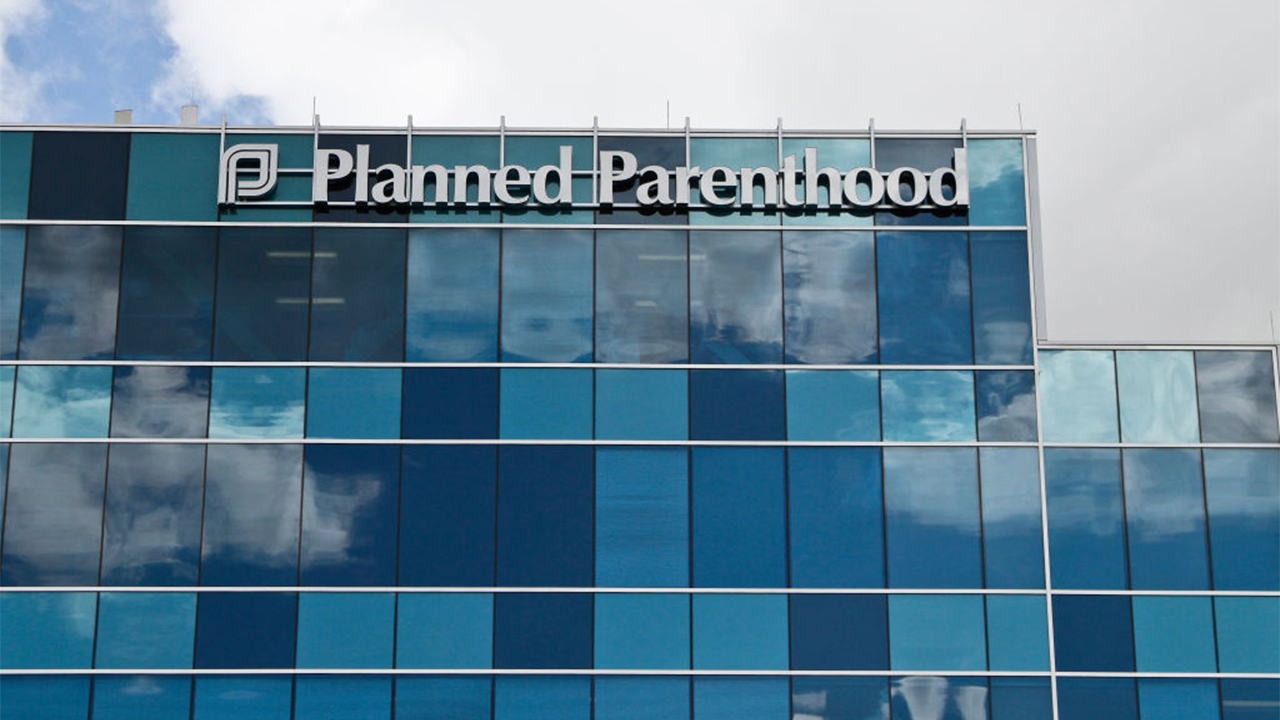
NEWYou can now listen to Fox News articles!
EXCLUSIVE: A pro-life group is celebrating a «tremendous victory» after Planned Parenthood announced two of its facilities in Houston, Texas, will be shutting down this fall, as Republican lawmakers continue to target the organization.
In an exclusive interview with Fox News Digital, 40 Days for Life CEO and founder Shawn Carney, a Houston resident, expressed «both personal and professional elation» at the shuttering of the facilities, including the 78,000-square-foot clinic that he said was the largest abortion facility in the Western Hemisphere.
«This is massive news for the pro-life movement and shows the direction that Planned Parenthood is going, which is down,» Carney said.
Planned Parenthood Gulf Coast — which runs six clinics in the Houston area and two in Louisiana — will close its Prevention Park and Southwest centers on Sept. 30, while the other Houston facilities will be acquired by the organization’s largest Texas affiliate.
FEDERAL JUDGE PARTIALLY BLOCKS LAW BANNING ADULTS FROM HELPING MINORS GET OUT-OF-STATE ABORTIONS
A pro-life group is celebrating a «tremendous victory» after Planned Parenthood announced that two of its Houston facilities would be shutting down. (Getty Images)
This comes amid several closures of Planned Parenthood facilities in various states, including New York, where the organization is selling its only Manhattan health center building for $39 million.
Facilities in GOP-led states with abortion restrictions, including Texas, have also been forced to cease procedures following the 2022 Supreme Court decision that overturned Roe V. Wade and sent decisions regarding abortion back to the states.
«Now they are closing the largest abortion facility in the world,» Carney said. «Their flagship. They’re very proud of it in Houston, Texas. They’re finally closing it, and it’s unbelievable.»
The company cited rising costs, staffing shortages and low reimbursement rates as the reasons for closing the two Houston facilities. GOP officials in recent years have made repeated attempts to shut down Planned Parenthood, even after nearly all abortions were banned under Texas law.
The Trump administration has sought to impose funding cuts to Planned Parenthood that could lead to the closure of additional facilities. A provision in a GOP-backed bill would end Medicaid payments for one year to abortion providers that received more than $800,000 from the program in 2023.
A judge granted a preliminary injunction earlier this week blocking the government from cutting Medicaid payments to Planned Parenthood member organizations that either do not provide abortions or did not meet a threshold of at least $800,000 in Medicaid reimbursements in a given year.
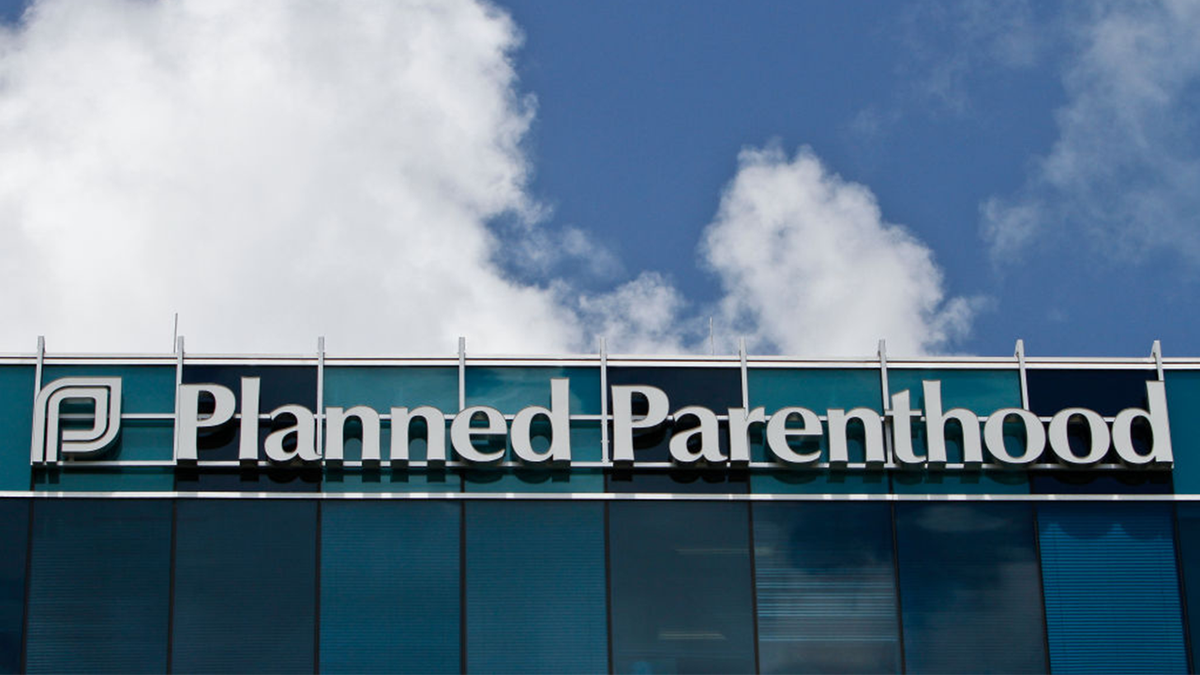
Planned Parenthood Gulf Coast will close its Prevention Park and Southwest centers on Sept. 30. (Getty Images)
Carney said 40 Days for Life has prayed and held vigils outside the Houston mega-facility since 2006.
«Countless people have gone out, offered alternatives. We’ve had pro-life buses outside to do free ultrasounds. There have been so many lives saved, but to be honest, it just seemed like they were Goliath and it didn’t matter if we were David,» he said, adding that the «behemoth» facility even provided late-term abortions at one point. «They were just going to always be open and always be victorious.»
FEDERAL JUDGE BLOCKS TRUMP ADMINISTRATION FROM DEFUNDING SOME PLANNED PARENTHOOD FACILITIES
Carney described the closing of the facilities as a «tremendous victory» for the pro-life movement and said it represents «one of the biggest victories that we’ve had» following the overturning of Roe v. Wade.
«Planned Parenthood has always been very top-heavy in D.C., and that’s been a weakness for the pro-life movement. But once [the court] sent it back to the states, it was sending it back to the place where the pro-life movement was the strongest, which was the grassroots,» he said.
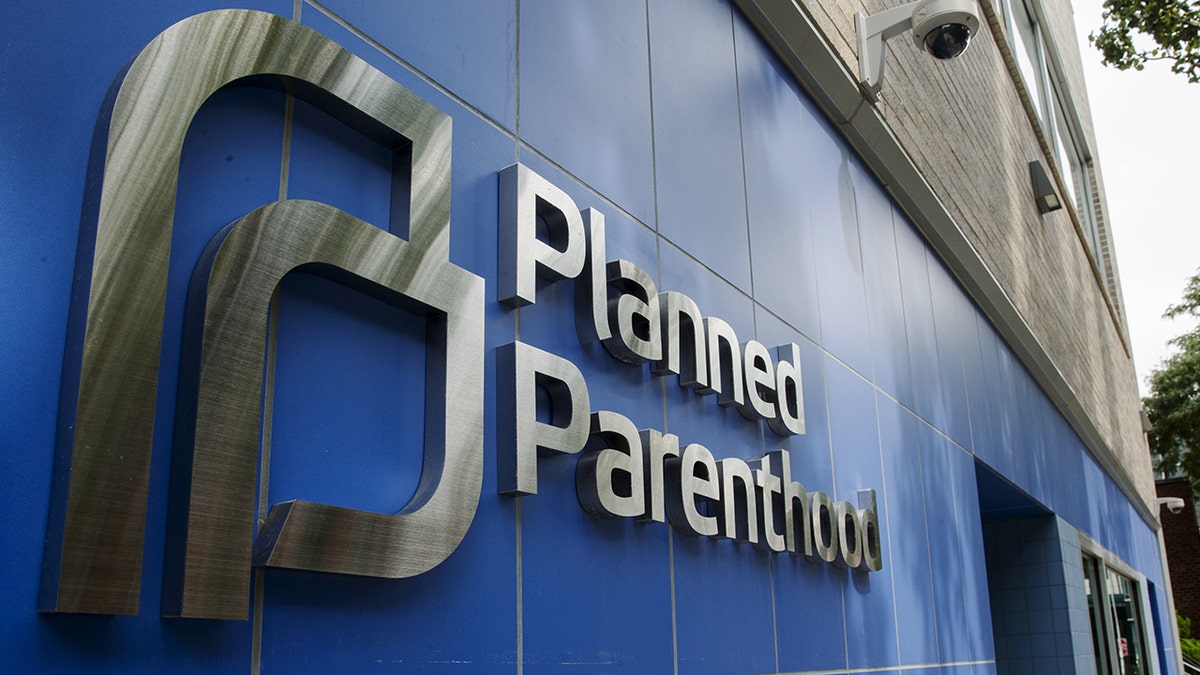
The company cited rising costs, staffing shortages and low reimbursement rates as the basis for the closing of the two facilities. (REUTERS/Lucas Jackson)
CLICK HERE TO GET THE FOX NEWS APP
The closure of the two Houston facilities shows «more than anything else» that «the pro-life movement is built for a post-Roe America,» Carney said, adding that Planned Parenthood is not a «monster that can’t go away.»
«They are very, very vulnerable. When you look at the New York closing and the Houston closing, this is what that represents. All the nonsense about other services and serving women and helping low-income women. Because when you take away abortions or you offer alternatives, they close, and they close their most prosperous locations,» he said.
INTERNACIONAL
Eva Copa y Mariana Prado: quiénes son las únicas dos mujeres que disputarán las elecciones presidenciales de Bolivia
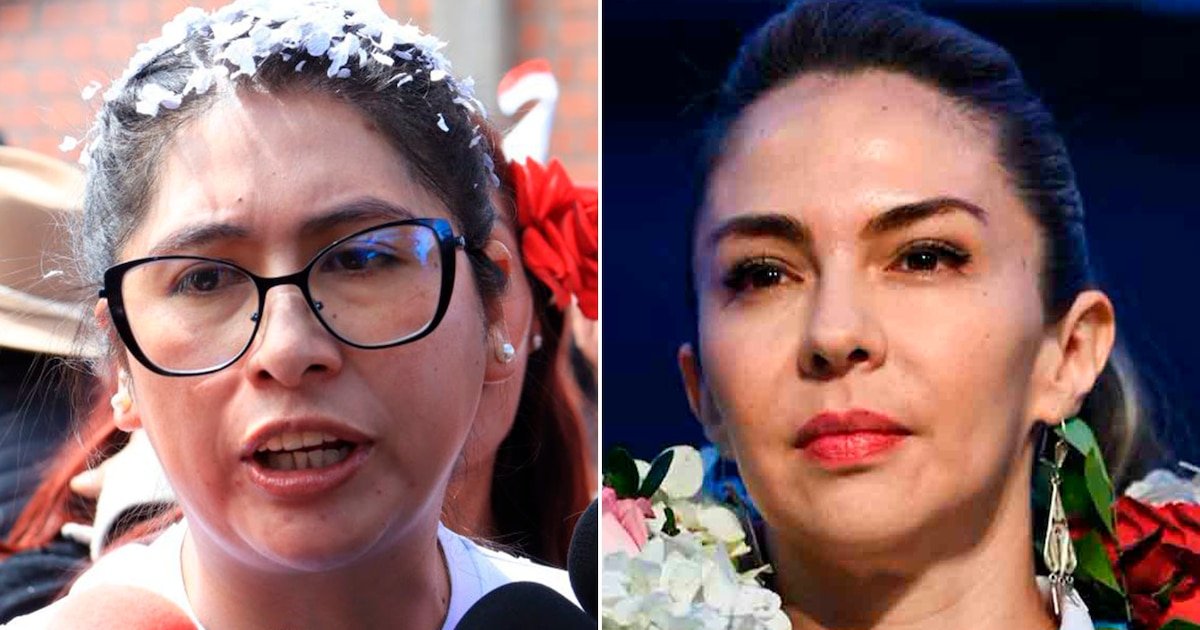
Solo dos de los nueve frentes que participan en las elecciones generales de Bolivia incluyeron mujeres en sus fórmulas presidenciales. Se trata de Eva Copa que postula a la Presidencia por su propio partido, Movimiento de Renovación Nacional (Morena); y Mariana Prado, candidata a la Vicepresidencia por Alianza Popular, el frente que encabeza Andrónico Rodríguez, quien fue considerado el “heredero político” de Evo Morales (2006-2019).
Ambas candidatas vienen de las filas del Movimiento Al Socialismo (MAS) y ocuparon cargos importantes dentro del Estado. Con orígenes sociales y académicos distintos, las dos postulantes se presentan como parte de la renovación de la izquierda boliviana y sus propuestas tienen más similitudes que diferencias: ambas buscan consolidar los avances sociales del MAS, pero hacer ajustes en la política financiera manteniendo al Estado como un actor protagónico de la economía nacional.
La actual alcaldesa de El Alto nació en 1987, es la sexta de siete hermanos de una familia humilde y de vocación diversa: hay desde una enfermera hasta un cerrajero. Su formación política inició en la Universidad Pública de El Alto (UPEA) de donde se tituló como trabajadora social. Fue miembro del centro de estudiantes y desde ahí pasó a las listas del MAS para el Legislativo en 2014.

Fue elegida senadora, pero su gestión no destacó públicamente hasta casi el final de su mandato en 2019, cuando la crisis post electoral provocó la renuncia de Evo Morales y de todos los que lo seguían en la línea de sucesión constitucional.
Huérfanos de sus líderes políticos, los parlamentarios del MAS eligieron a Copa, de 32 años, como presidenta del Senado. La mujer que hasta entonces era desconocida a nivel nacional ocupó las primeras planas de los medios al ser una figura clave en la estabilización del país en medio de la convulsión política y social de aquellos días. La senadora viabilizó la ley de convocatoria a elecciones durante el mandato interino de Jeanine Añez, lo que le valió ser acusada de traidora por el ala radical de su partido. En medio de las críticas, ella defendió el haberse quedado a dar la cara cuando el país ardía y los padres de la patria huían.
“Copa fue la primera mujer del bloque popular que interpeló a Morales y se le ha parado de frente en un momento clave, ahí reside su principal capital político”, explica el analista político Carlos Saavedra. La entonces senadora ganó popularidad por haberse mostrado valiente y conciliadora en un momento en el que “el país necesitaba certezas”, apunta el experto.

Sin embargo, el haber pactado con el gobierno de Jeanine Añez le pasó factura con el MAS. En 2021, Morales la apartó del frente y le negó la candidatura a la Alcaldía de El Alto. Como un efecto bumerán, la estrategia del líder cocalero salió mal: Copa postuló con otro partido y arrasó en la votación.
En 2022 fue distinguida entre las 100 personas más influyentes del mundo por la revista Time y visitó Nueva York vestida de chola paceña, reivindicando sus orígenes y a las clases populares bolivianas.
Si bien logró mantener un capital simbólico importante, tuvo dificultades de gestión en una ciudad que tiene tanta población como necesidades. En paralelo creó su propio partido, con una sigla idéntica a la de Claudia Scheinbaum en México, y mostró una buena coordinación con el Gobierno de Luis Arce. De hecho, su candidato a vicepresidente y su jefe de campaña fueron colaboradores cercanos del presidente.
Con Morales la relación no ha hecho más que enfriarse. Si bien nunca hubo un trato cercano y sus encuentros se limitaron a unas pocas reuniones de bancada para tratar temas de gestión, a ella le molestó el haberse enterado de su renuncia por televisión, haber sentido “abandono” cuando se quedó a cargo de la Asamblea Legislativa y por ser desplazada del partido en las elecciones municipales.

Su nueva apuesta electoral no parece muy prometedora. Las encuestas le dan menos del 2% de intención de voto y su campaña política para las elecciones es un misterio, no ha hecho ningún acto de propaganda público salvo por algunas entrevistas televisivas.
Al parecer, la estrategia pasaba por ser la única opción de izquierda alternativa al MAS si Andrónico Rodríguez no era habilitado a las elecciones. Cuando faltan 21 días para la votación, las listas de Morena están abiertas y casi vacías: de los más de 300 candidatos al Legislativo solo tiene siete inscritos, lo que le da pie para anotar candidatos a último minuto porque la norma electoral lo permite en caso de inhabilitación.
Se sabe que hubo acercamientos con el evismo para canalizar esa fuerza política a través de Morena, pero su jefe de campaña, Iván Lima, afirmó que el acuerdo no incluiría a Morales. Sin embargo, hasta ahora no hay nada asegurado, ni siquiera la continuidad de su candidatura: según Lima, bajarse de las elecciones “es una de las posibilidades” que consideran ante su bajo desempeño en las encuestas y la falta de acuerdos entre los candidatos de izquierda.
Después de casi cinco años con un perfil bajo, la ex ministra de Planificación del Desarrollo del Gobierno volvió a la palestra pública. Mariana Prado, de 43 años, es la compañera de fórmula de Andrónico Rodríguez, el aprendiz de Evo Morales que tomó vuelo propio y ahora disputa la Presidencia.

Prado tiene una larga trayectoria en la gestión pública y créditos académicos. Se graduó de uno de los colegio más exclusivos de La Paz, es abogada y administradora de empresas con especialización en gestión pública y habla tres idiomas. Sus amigas de la escuela la recuerdan como alguien que “hacía todo bien”.
Conoció a Evo Morales en Francia cuando dio una charla en la Casa de América Latina poco antes de asumir la Presidencia por primera vez y ella era una estudiante Lengua y civilización francesa en una universidad afiliada a la Sorbona. Fue a escucharlo y tuvo la oportunidad de saludarlo al finalizar el evento. Diez años después diría en una entrevista que ese día sintió “su aura y su carisma” y que ser parte de su equipo le parecía “un sueño”.
Prado retornó a Bolivia en 2006 y pronto empezó a trabajar en la función pública. Pasó por algunos ministerios, por el directorio de la empresa estatal de aviación y la Vicepresidencia del Estado, donde fue jefa de gabinete de Álvaro García Linera, a quien considera uno de sus mentores. En 2018, a los 34 años, fue designada ministra de Planificación del Desarrollo por sugerencia del vicepresidente. “Casi el 80% de mi perfil ha sido orientado al sector público, he tenido experiencia en el ámbito internacional y algo muy reducido en el sector privado, pero soy una nena del Estado”, manifestó hace poco en una entrevista que se ha viralizado.

Tras la caída del Gobierno en 2019, Prado prácticamente desapareció del ojo público y mantuvo un perfil bajo. En el Gobierno de Luis Arce fue designada vicepresidenta de Fonplata hasta que su vida dio un giro en mayo de este año.
Estaba en Argentina cuando recibió la llamada de alguien del entorno de Rodríguez que le dijo que el candidato quería comunicarse con ella. Pensó que le pediría asesoramiento para su redactar plan de Gobierno y se sorprendió cuando la invitó a ser su compañera de fórmula. Se habían conocido cuando ella era ministra y él dirigente sindical de los cocaleros.
Prado retornó a Bolivia para reunirse en persona y la ex ministra puso dos condiciones para aceptar la propuesta: terciar con un partido que esté en línea con sus principios políticos y no hacer “nada contra Evo”. Con las bases sentadas, aceptó y empezó la tormenta.

En cuanto Prado asomó en el escenario electoral inició una campaña en su contra. La denuncia más mediática viene de una organización feminista que la acusa de haber “defendido” a un feminicida en 2018, cuando acudió a una citación judicial para testificar sobre la clase de persona que había sido con ella su ex novio, el acusado del feminicidio. Sus detractoras dicen que su asistencia a los tribunales fue un acto político por su posición de ministra. En su defensa ella sostiene que fue incluida en la lista antes de ocupar el cargo y que no testificó sobre el hecho en sí porque no lo presenció.
También enfrentó el rechazo de sectores que respaldan a la Alianza Popular y que posiblemente querían meter a su gente en un país acostumbrado a los cuoteos. Durante algunos días hubo incertidumbre y rumores de relevo.
El 28 de junio, Rodríguez y Prado aparecieron tomados de la mano en la proclamación de su candidatura, como dos sobrevivientes de una ola de ataques políticos y judiciales. En medio de algunas críticas, que han bajado de tono, pero no han cesado y que apelan incluso a su condición social; la candidata defiende su compromiso con el país, su perfil académico y su trayectoria en asuntos de Estado como sus mejores credenciales para dirigir el primer poder del Estado en un quinquenio que se anuncia conflictivo por la crisis económica y política que atraviesa el país.
INTERNACIONAL
Next-gen missile shown off in first Pacific test as US expands long-range arsenal
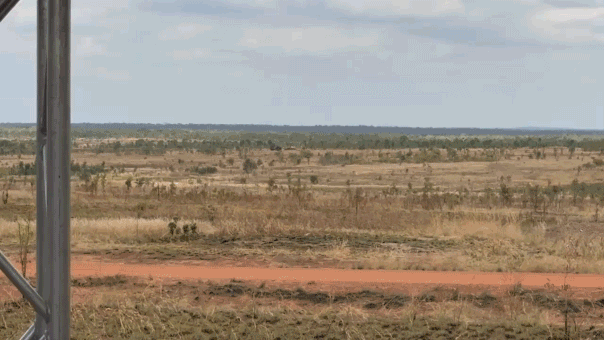
NEWYou can now listen to Fox News articles!
In a milestone moment, the Army Friday conducted a live-fire test of its precision strike missiles in Australia, the first ever west of the international dateline.
The test, seen in footage obtained by Fox News Digital, marks a significant advancement in the region’s long-range strike capabilities. The precision strike missile (PrSM) has an unclassified range of 300 miles and can hit moving targets on land or at sea.
The test saw a U.S.-manufactured PrSM launched from a High Mobility Artillery Rocket System (HIMARS) vehicle owned by the Australian Defence Force.
TAIWAN CONDUCTS LIVE-FIRE DRILLS WITH US-MADE TANKS AS PRESIDENT LOOKS ON
It was a show of force between the U.S. and Australia at a time of increasing tension in the Indo-Pacific.
«This is just one of the key steps we’re taking throughout the region to deter conflict, while ensuring that our soldiers have the best capabilities available,» said Army Secretary Dan Driscoll, who observed the test at the Mount Bundey Training Area in Australia. «The PrSM allows our forces to hold land and maritime regions at risk, which gives adversaries pause and increases deterrence.»
In a milestone moment, the Army on Friday conducted a live-fire test of its precision strike missiles in Australia, the first ever west of the international dateline. (US Army )
The PrSM is the U.S. Army’s newest addition to its long-range precision fires (LRPF) portfolio, a triad of advanced strike systems that includes HIMARS-launched missiles, the mid-range capability platform and the Dark Eagle hypersonic missile.
While HIMARS has already proven itself in combat zones like Ukraine, where its ability to rapidly fire and evade counterattack has made it a prized system, the integration of the PrSM into this platform significantly enhances its strategic utility.
The mobile launcher can be deployed from C-17 and C-130 aircraft, a U.S. Navy landing craft and even from ships at sea, a capability tested in joint drills with the U.S. Navy and Marine Corps.
Unlike the 90-mile-range Extended Range Guided Multiple Launch Rocket System (ER GMLRS), which fires six missiles per HIMARS, the PrSM packs two missiles per launcher and can reach more than triple the distance.
Asked why the missiles were an important part of preparation for a potential war in the Indo-Pacific, Driscoll told reporters, «I think if you look at the way conflict is unfolding now, what is not being rewarded is large, massive presences with static locations and big footprints and signatures. What is being rewarded is the ability to be agile, hide your signature and move quickly.»
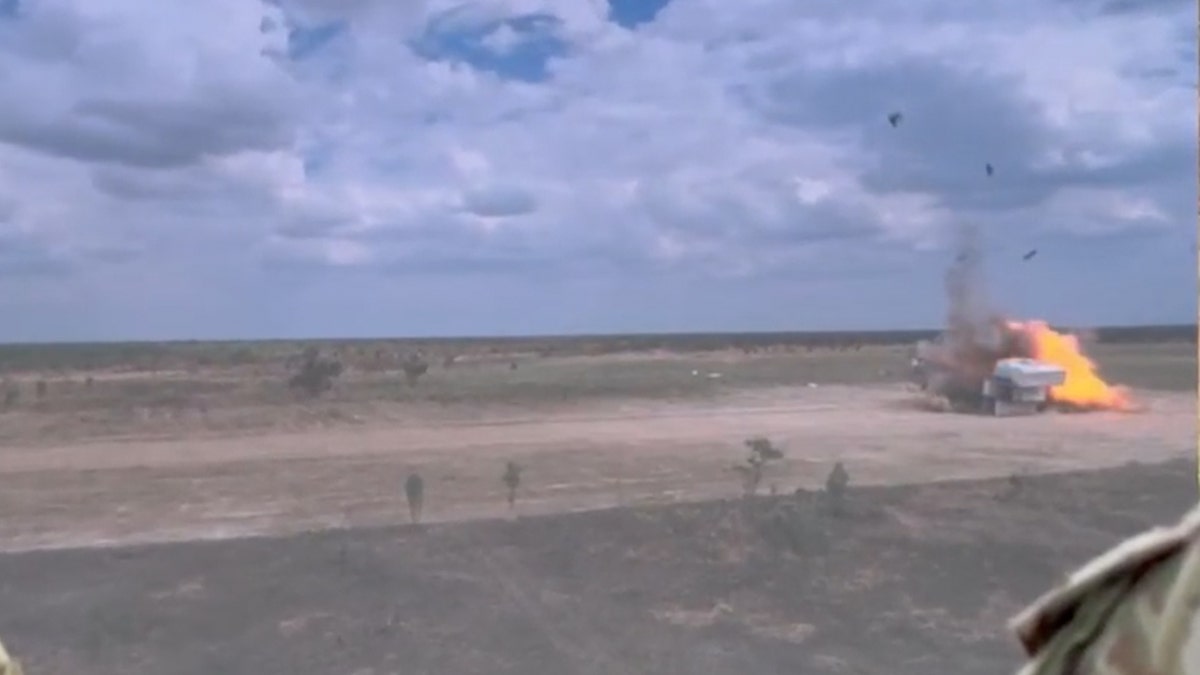
A U.S.-manufactured PrSM was launched from a High Mobility Artillery Rocket System vehicle owned by the Australian Defence Force. (US Army )
Fielding of HIMARS continues across the U.S. Indo-Pacific Command, with the 25th Infantry Division in Hawaii recently receiving 16 launchers, a first for a light infantry division tasked with jungle and archipelagic warfare. Officials say they are looking to increase munitions production with key allies.
PENTAGON MAY SINK BIDEN-ERA DEAL TO SELL AUSTRALIA NUCLEAR-POWERED SUBMARINES
The test comes after it was revealed the Pentagon privately pressed Australia to define how it might help if war broke out over a Chinese invasion of Taiwan. Australia responded by stressing it would not commit troops in advance of any conflict.
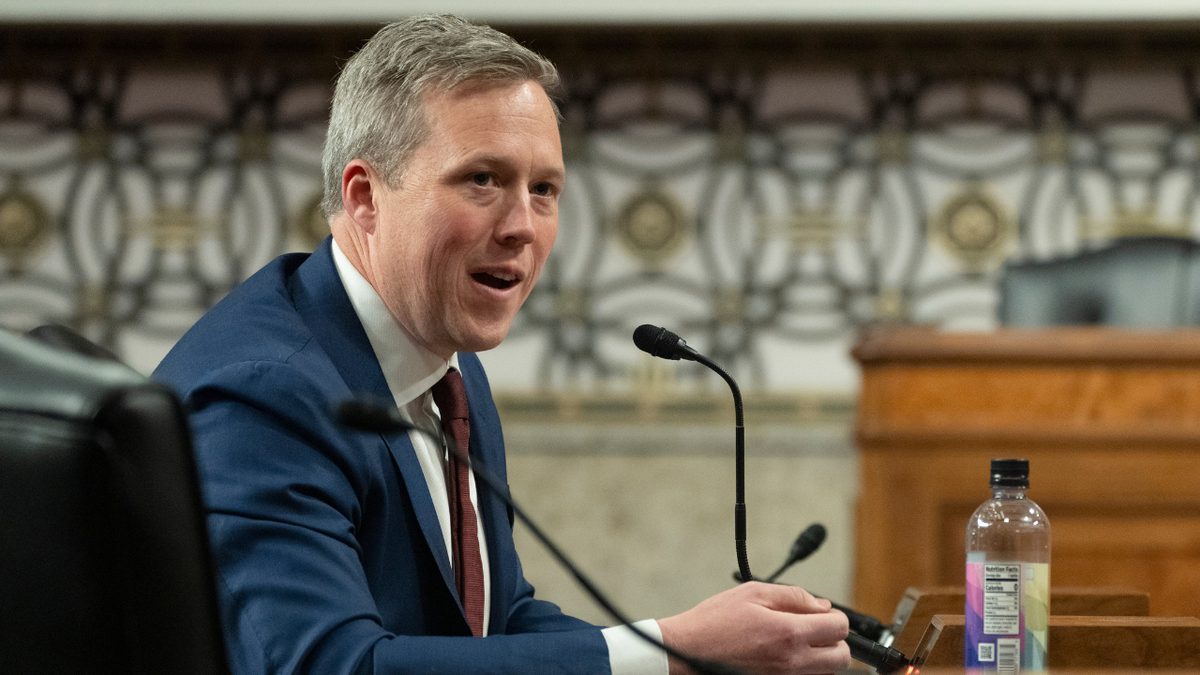
Army Secretary Dan Driscoll, who observed the test at the Mount Bundey Training Area in Australia. (AP)
Australia does not permit permanent foreign military bases, but the U.S. is expanding its rotational presence at Australian sites. Australia and the U.S. recently led a major joint exercise in Sydney involving 30,000 troops from 19 countries.
It also comes at a time when Washington is reconsidering whether to sell nuclear-powered, Virginia-class submarines to Sydney through the Australia-UK-US (AUKUS) deal.
CLICK HERE TO GET THE FOX NEWS APP
The three nations would jointly design a new class of submarines, with Australian production beginning in the 2040s.

 POLITICA2 días ago
POLITICA2 días agoMáximo Kirchner declaró una fortuna de 8.300 millones de pesos: representa un 76% más que el año anterior

 POLITICA2 días ago
POLITICA2 días agoLa justicia de Santa Cruz desafío a la Corte Suprema e incluyó a Cristina Kirchner en el padrón electoral

 POLITICA2 días ago
POLITICA2 días agoQué dijo Javier Milei en la Derecha Fest: las frases más impactantes

















